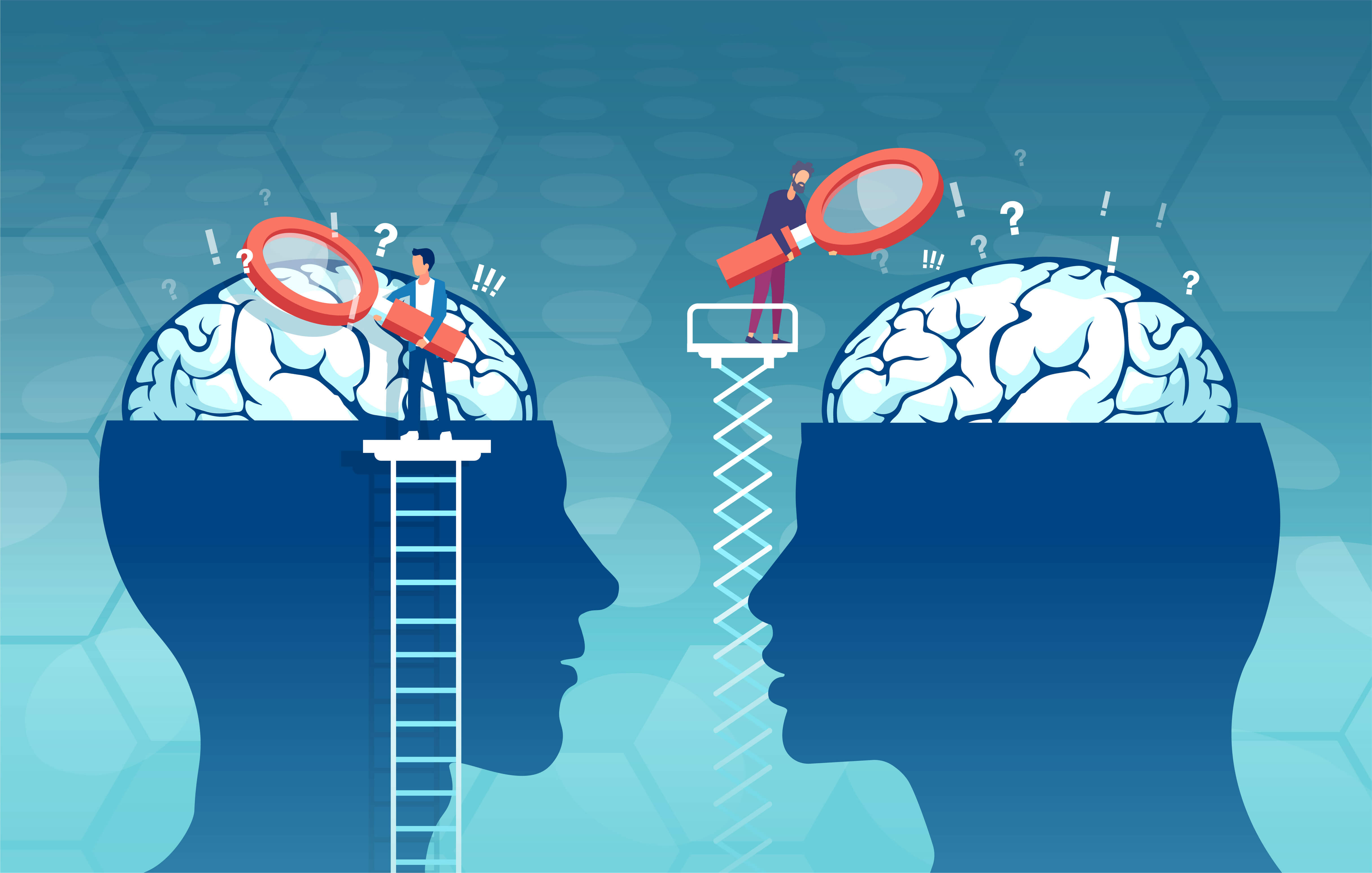
The Scientifically Proven Benefits of Being Bilingual
January 07, 2025
Are you one of those who speak two or more languages and wonder if there are any cognitive benefits? As a matter of fact, science came with few interesting facts about being bilingual. Even if you feel like you mix up languages or cannot always get the right word, research suggests that your bilingual brain might protect you from early onset of Alzheimer's. Not just that, but you might also have a higher chance of a positive cognitive outcome after a stroke. Keep reading to learn more about this.
The stats about Alzheimer’s disease in US
Alzheimer's is the most common type of dementia. Based on numbers from Alzheimer’s Association from 2019, 10% of the US population age 65 and older suffer from this disease. There are differences based on your etnic, your sex and family history of course, however average american has 10% to suffer from Alzheimer’s desiase later in life.
What bilingualism does then?
This research from 2006 examined the register of patients with cognitive complaints. Those who were finally diagnosed with Alzheimer’s were further compared. The results showed that bilinguals had on average 4 years delayed onset of this disease. As the research continued over the years, there are many other papers (for example from 2013 and 2014) that show corresponding results. Some even suggest the delay for up to 5 years. Besides that, the papers discuss whether the delay could be caused by other factors such as smoking, diet, sex, etc. These however fail to show any pattern and hence they suggest that bilingualism is the reason for Alzheimer's disease delayed onset.
The stats about stroke in US
Based on numbers from CDC (Centers for Disease Control and Prevention) almost 800,000 have strokes in the US every year. Also, 87% of all strokes are ischemic strokes which means that blood flow to your brain gets blocked which can lead to different brain damages. Aphasia is when a patient develops difficulty speaking after a stroke. Now let’s see if bilingualism helps us with stroke as well.
The stroke and bilingualism
According to research, bilingual patients tend to “score” better when it comes to recovery after a stroke. This paper from 2015 examined a group of patients after stroke. The results suggest that twice as many bilinguals have intact cognitive function after stroke compared to monolinguals.
The patients did not show any difference in developing aphasia after stroke. However, another research from 2017 examined the association between bilingualism and stroke aphasia. The bilingual patients had lower severity of stroke aphasia compared to monolinguals.
More about to come
So bilinguals have on average 4 to 5 years more before onset of Alzheimer’s disease and better chances after a stroke compared to monolinguals. Don’t forget this next time you feel like you cannot handle two or more languages at once.
This article will hopefully get longer as I proceed in researching this area. There must be more to add.
Until then, Happy learning!

